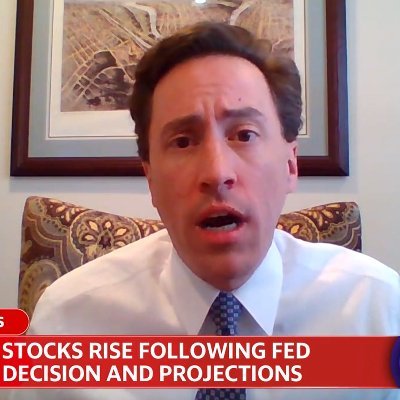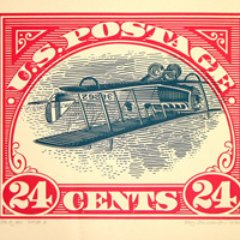Very useful overview of the tariffs so far from @The_Budget_Lab. Manufacturing employment continues to trend down. But we should note that industrial production in tariff sensitive industries is up. I really doubt tariffs will be good for manufacturing, but we should be clear about the possible impacts. A slight increase in manufacturing employment is possible. It just will be 1) expensive, 2) likely lower value, and 3) risks resulting instead in outright decline. budgetlab.yale.edu/research/short…
@ModeledBehavior @The_Budget_Lab Will be very difficult to get the public to understand the counterfactual if indeed manufacturing employment rises. Suspect it will be prices that cause tariffs to become unpopular.
@ModeledBehavior @The_Budget_Lab Could the industrial production in tariff-sensitive industries reflect rush to produce before steel/parts tariffs raise costs.
Adam, beside core defense, we MUST HAVE: Energy (transformers and transmission too) AI (soup to nuts - TSCM and ASML forced to be here) Pharma (soup to nuts - massive chemistry build out) Dude, focus on those. Where we are failing at those, bust chops from the right (do more!), where we waste time on other shit, bust chops from left (dumb!)
@ModeledBehavior @The_Budget_Lab It would be helpful to look at both employment and productivity. With robotics and AI, it may be that US manufacturing output is greater even though employment doesn’t change significantly.
Charlie Kirk’s death is the most stunning evidence yet that America is becoming two nations, writes @continetti.
@ModeledBehavior @The_Budget_Lab PMI survey has been in recession territory for 2~3 years now, while real manufacturing output is supposedly rising. How confident should we be that price index used for manufacturing is accurate?
@ModeledBehavior @The_Budget_Lab Great post, have to stay honest. The Budget Lab also finds that in long run, tariffs will be manufacturing positive, although high-tech manufacturing will be negatively hit. Can still be against tariffs of course.








